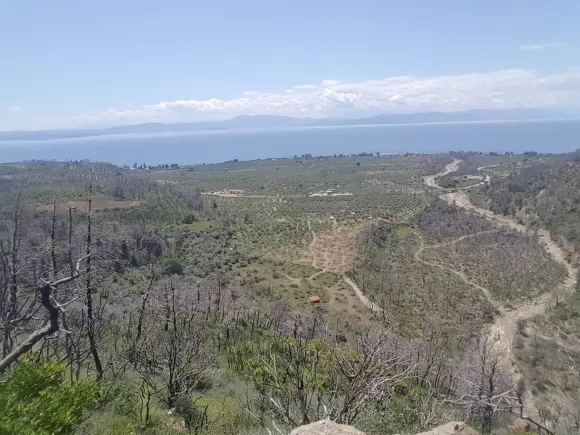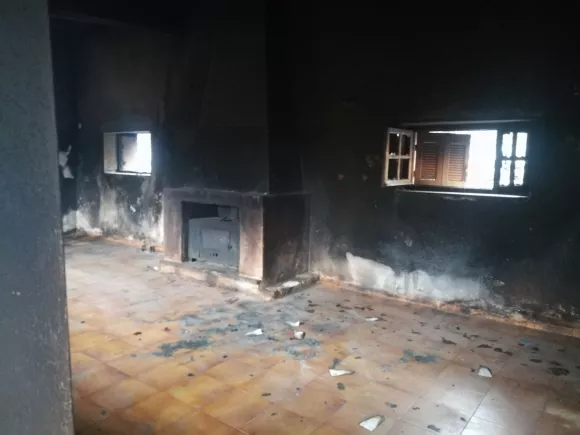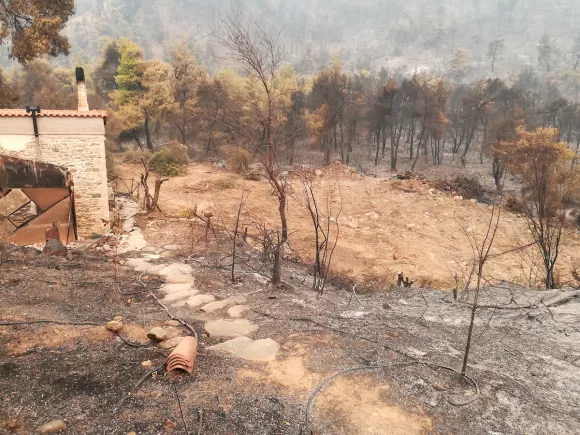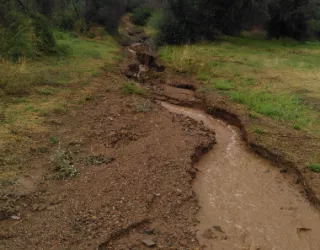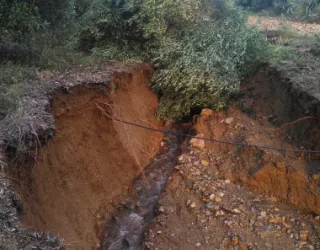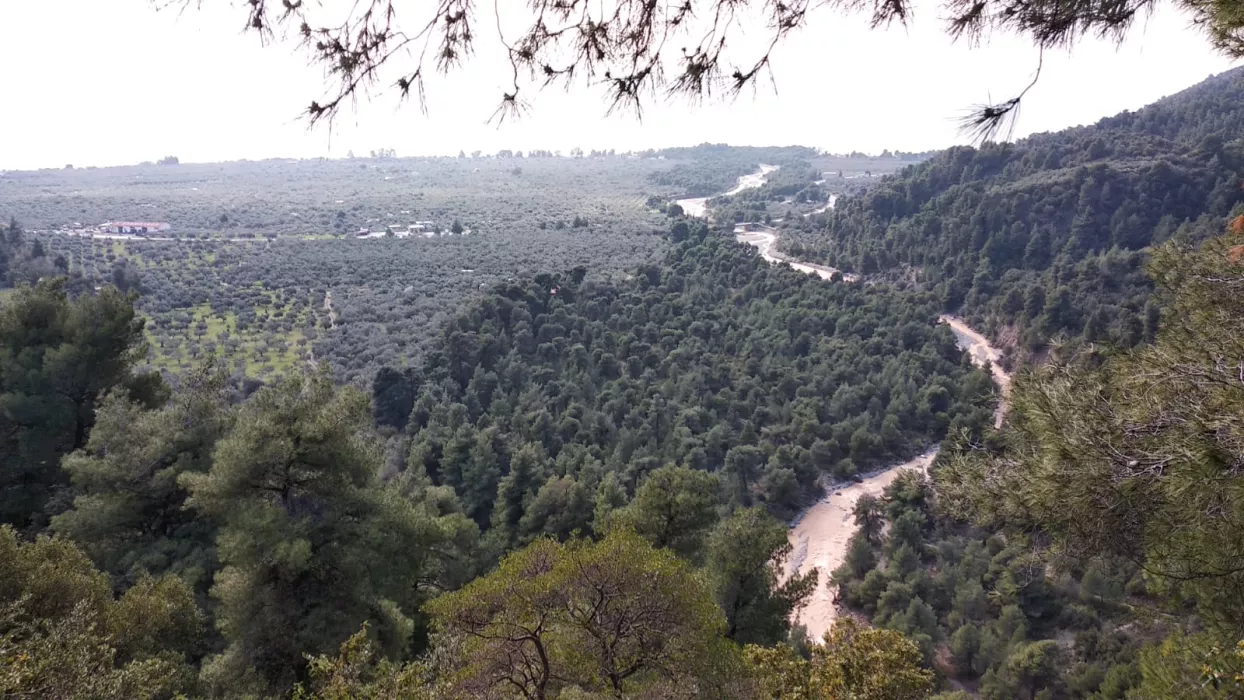
In the world of agriculture, the impact of climate change and natural disasters can be both immediate and devastating. This reality hit home for Giorgos Vallis, an olive farmer on the Greek island of Evia, who reached out to us with a story that is both heart-wrenching and inspiring.
The Disaster in Evia
In August 2021, an enormous wildfire ravaged Evia, decimating its lush forests and impacting local farms. Giorgos's farm was not spared, suffering significant losses including 40% of his olive trees, damage to his home, and, perhaps most tragically, the destruction of the surrounding pine forest that was a hallmark of the area's natural beauty.
The Aftermath and Continuing Challenges
The summer that followed was the hottest on record, with temperatures soaring above 40 degrees Celsius for over two weeks. The extreme weather didn't end there; in September, Evia experienced storms with rainfall exceeding 400mm in a day, causing severe damage. The result was not just the destruction of man-made structures but also significant environmental degradation. Erosion swept away tons of topsoil, and the landscape was scarred with deep gullies.
Response and the Need for Sustainable Solutions
As Giorgos points out, the solution lies in well-planned landscape work and the planting of fast-growing, deep-rooting trees. These measures could provide a long-term answer to the island's environmental challenges.
Connecting with Local Experts
Understanding the scale of this challenge and the need for localized expertise, we connected Giorgos with Konstantinos from the Sporos Institute, a resource based in Greece that specializes in regenerative practices. This connection aims to provide Giorgos with someone locally who he can discuss and plan viable solutions with.
Seeking Assistance and Direction
Giorgos's story is a stark reminder of the vulnerabilities faced by farmers in the age of climate change. His appeal for expert opinion and assistance in planning and funding large-scale landscape projects reflects the need for collaborative, sustainable approaches to agricultural and environmental challenges.
Conclusion
As a community committed to sustainable agriculture and environmental stewardship, it is crucial to support farmers like Giorgos. This means not only providing expert advice but also facilitating connections to funding sources and specialists capable of implementing large-scale projects. Together, we can work towards solutions that not only restore the beauty and vitality of places like Evia but also ensure their resilience against future environmental challenges.
Call to Action
This is not just happening in Greece. We also heard from Giuseppe Sannicandro from https://www.regenhabitat.com Italy. Giuseppe shares, "A few weeks ago, a terrible fire destroyed the agroforestry of Regen. More than 7,000 plants, as well as irrigation systems, bee hives, compost, and organic matter, were lost in smoke."
We encourage experts in regenerative agriculture, permaculture, and landscape restoration, as well as organizations that could provide funding or support, to reach out and help the farms in need.

